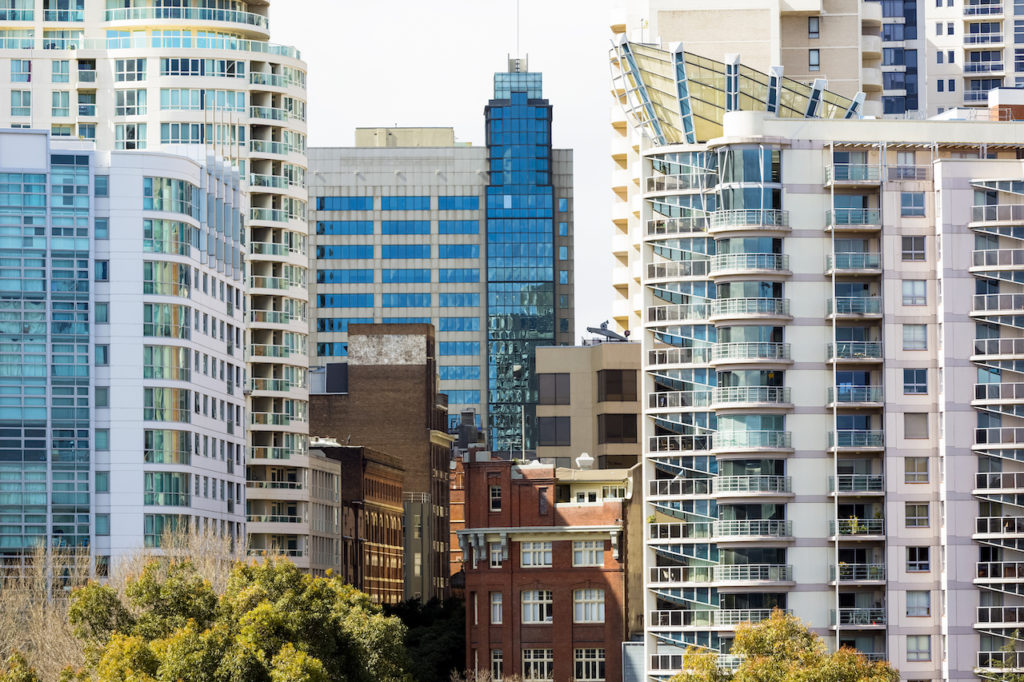
With rental prices reaching new highs in some cities, it’s easy to question how much you can afford to spend on rent. Factoring in the cost of average national rent prices will help you identify your budget and what you can expect to pay as your search for your rental.
Read on for more tips to help you define your budget and how to calculate how much you can afford to spend on your rent.
What to consider when determining your budget for rent:
- Income
- Expenses
- Cost of living in your area
- Ways to maximize your spending
1. Define your income
The ‘30% Rule’
Most experts agree that you should spend no more than 30% of your gross (pre-tax) income on your rent.
The 30% rule was first established by the government as part of public housing regulations, this rule has maintained its popularity with renters. The rule’s persistence has a simple explanation: Often, rent is the single biggest expense of any individual or family. If you stick to spending 30% or less on rent, you’ll have money left over for bills, paying down debt, or saving.
You can calculate how much rent you can afford each month by multiplying your income by 30% and then dividing that number by 12 months. For example, if you make $50,000 annually, your total housing budget for the year would be $15,000, or $1,250 each month.
However, if you live in an expensive city like San Francisco or New York, this may be quite challenging.
50 / 20 / 30
Instead of just considering the 30% you could spend on rental costs, the 50/20/30 rule suggests 50% of your income go to necessities, 30% on things you want, and 20% to paying down debt and/or building your savings. With necessities defined as things like food and rent, you’ll have a little more flexibility when searching for apartments.
2. Calculate your other expenses
Ultimately, the amount of rent you can should pay each month depends not only on your income, but also a few other factors. You’ll want to take a look at your other major expenses, and determine how much impact those factors will have on your overall budget. Common monthly expenses include the following:
- Student loan payments
- Credit card payments
- Food and drink expenses
- Entertainment
- Rental insurance
- Utilities
- Phone/Internet bills
- Car payment
- Car insurance
- Retirement funds (401K, 403B, Roth, etc.) deducted from your weekly paycheck
If, after adding all of these expenses up, your total leaves little wiggle room for emergency spending, then you might want to consider allocating less than 30% of your monthly income on rent. In the same vein, if the number seems low, you may be able to afford a more expensive place.
3. Compare housing options available in your area

Once you have identified which city you’re going to call home, it’s important to look at comparable units in the neighborhoods where you can see yourself living.
Compare the cost and amenities of different apartments in your ideal areas to get a feel for how much you’d be spending. You can expand your search to nearby neighborhoods that may have a similar vibe but cheaper rental costs.
Look at factors like amenities (fitness center, pool, 24-hour security, parking, etc.) that may increase the rent in those apartments, and see if the extra cost they add to a unit’s rent is worth the increase in rent. If not, keep searching; the right apartment for you is out there!
4. Adjust your budget and spending as needed
If you plan to live in a larger city where 30% of your income won’t get you as much, you may have to compromise in other areas of your life. It’s not impossible, it just takes some planning. Start with the following:
- Limit your dining out – Cook more meals at home to save extra cash
- Shop frugally – Give up some name brand items in favor of something a little cheaper, for both food and clothing
- Take advantage of deals– If you want to go out, hit up the bar during happy hour; not only can you get some cheap drinks, but some bars also offer discounted food
- Optimize your commute– if you can bike or walk to work, you can put the money you’d be spending on gas or public transit towards your monthly rent
Use a rent calculator to help you determine your budget
If you’re looking for some help calculating how much you should spend on rent, use our rent calculator. Input your income, expenses, and your preferences, and we’ll help you determine a realistic budget.
Determining how much you can afford to spend on rent is all about the numbers. Take a look at your monthly income and then subtract your other necessary expenses, and budget accordingly. There are many units in all types of price points to fit your needs and wants. When it’s time to sign the lease, do so with the confidence that you have found an apartment that is ideal for both you and your budget.
Ready to find your new place? Search thousands of apartments for rent on Zumper. Filter your search by neighborhood, price, amenities, and more to find the place that’s priced right for you.



